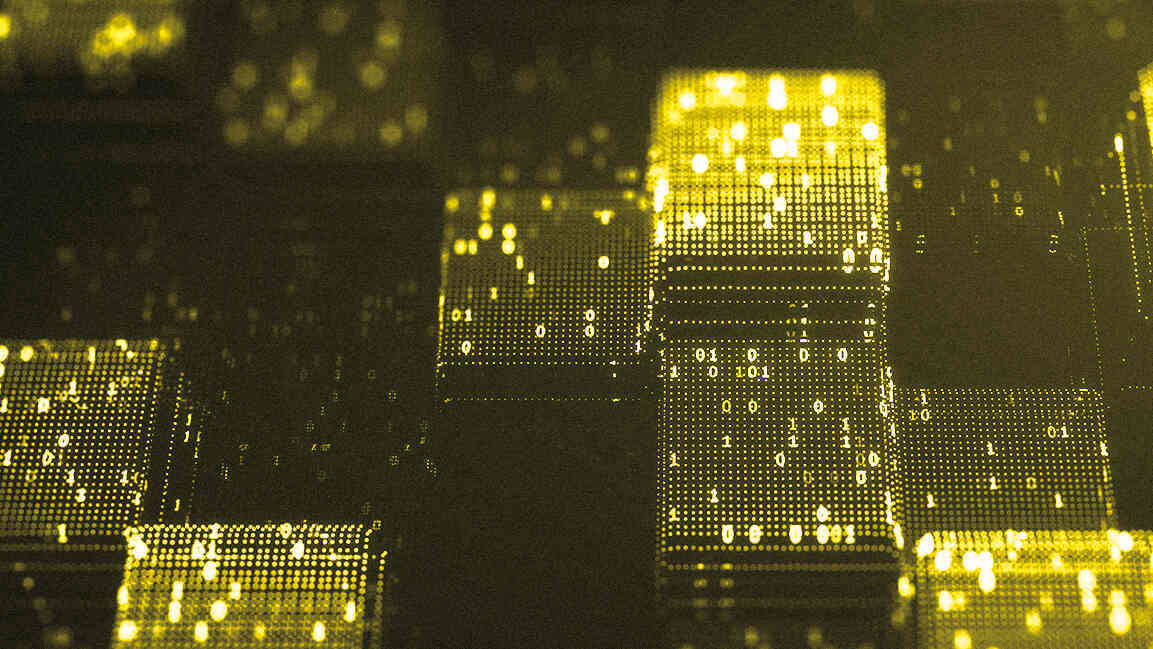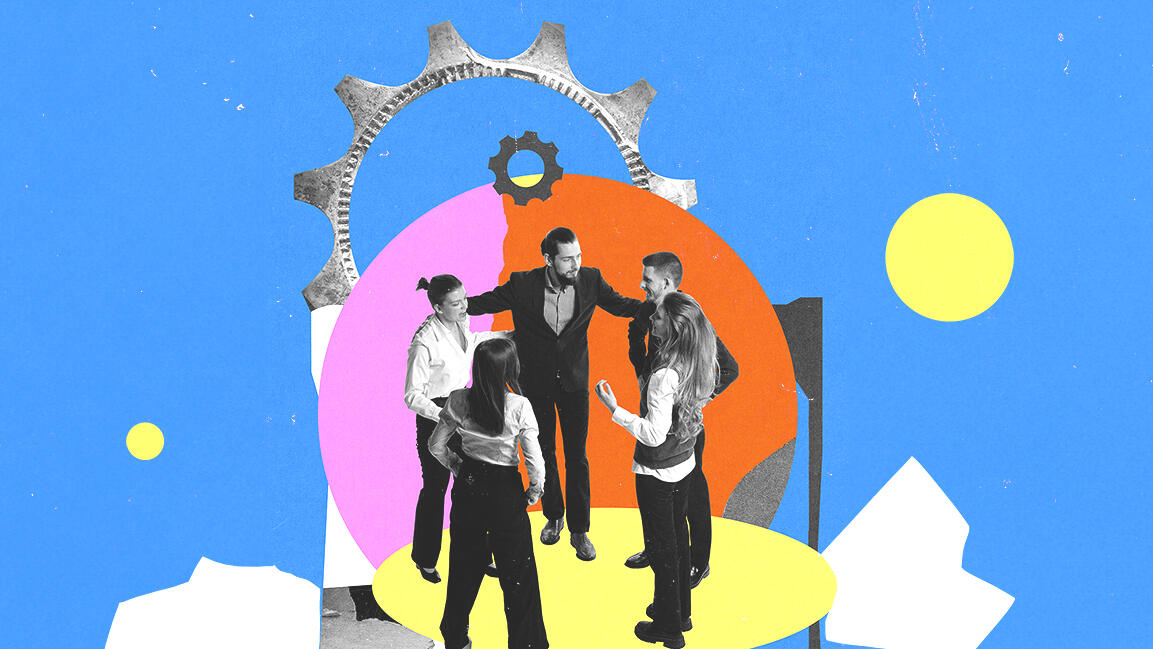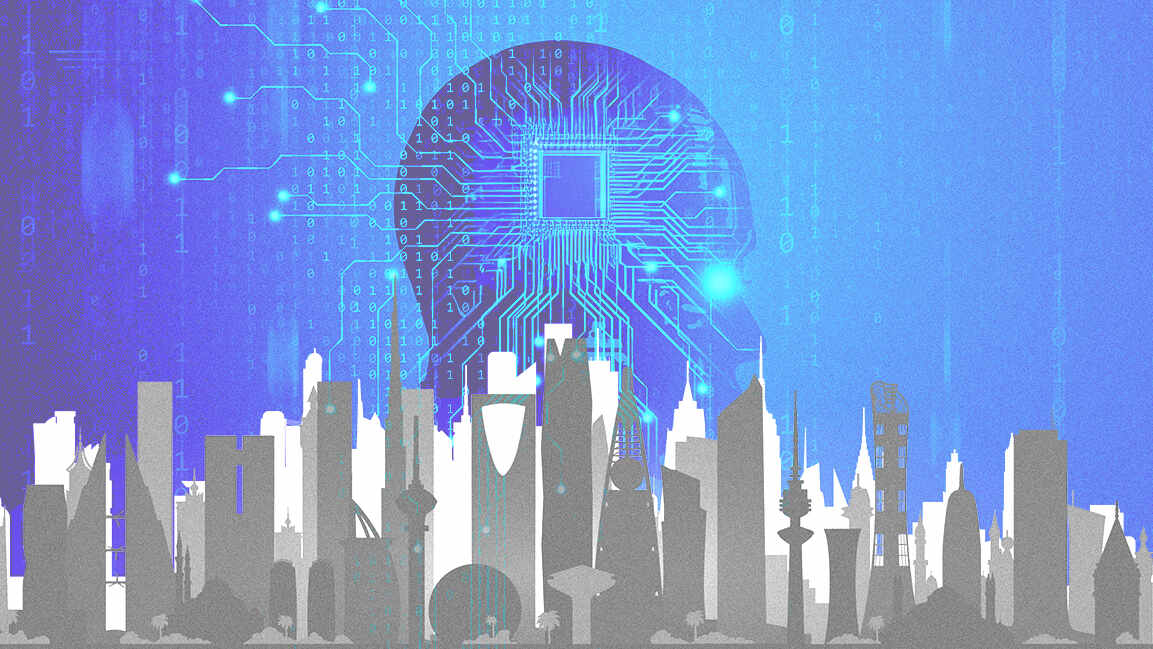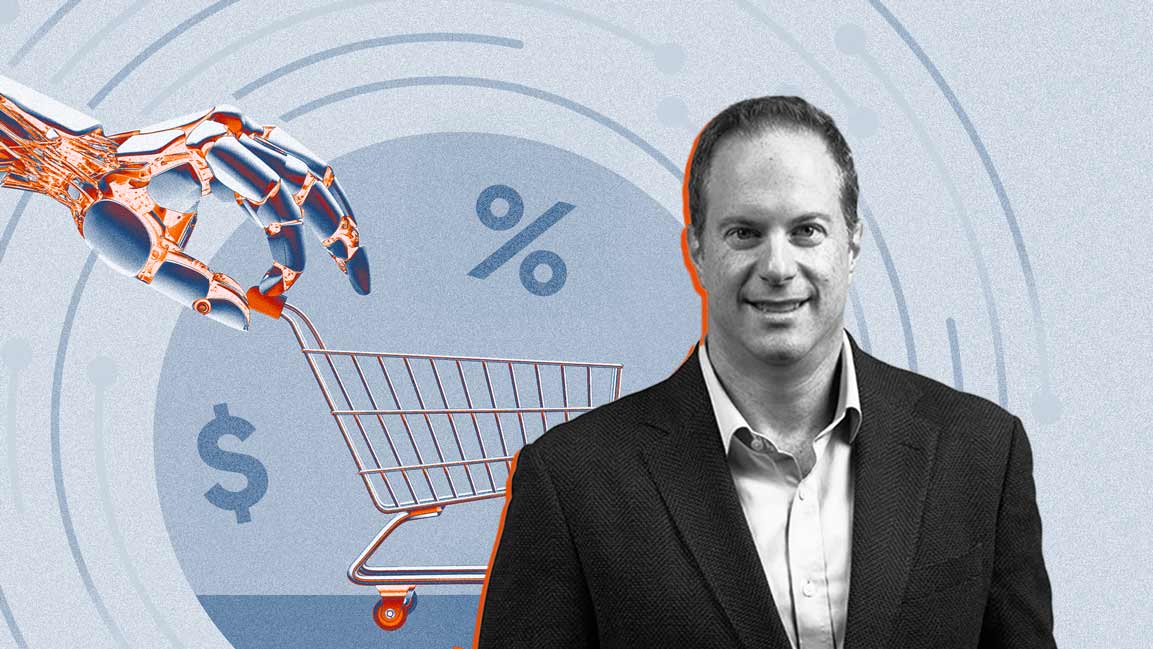- | DWTC
This is how DWTC Free Zone is building an ecosystem of culture, tech, and community
DWTC Free Zone blends productivity and innovation, empowering companies to scale, adapt and lead in a rapidly changing economy.
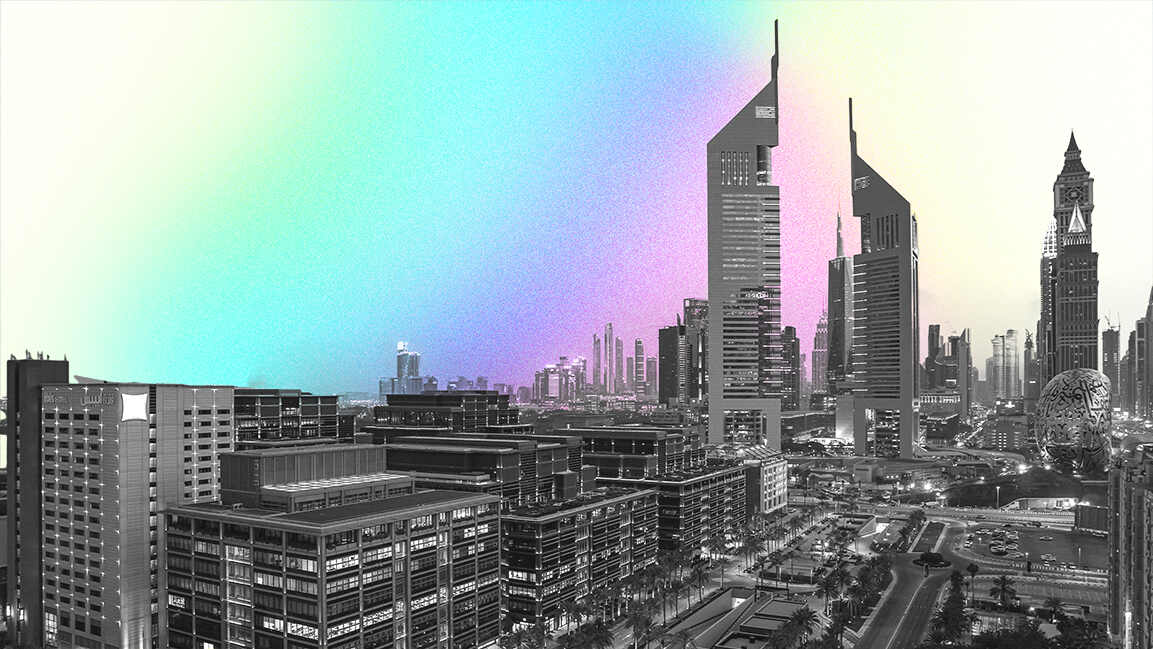
Productivity remains the cornerstone of every successful workplace, but today its value is equally defined by how effectively it fosters collaboration, drives innovation, and builds resilience within the businesses it supports.
The most competitive hubs combine infrastructure with intelligence, enabling companies not just to operate, but to thrive. Over the years, the Dubai World Trade Centre (DWTC) Free Zone has catapulted into such an ecosystem, recognized for its creativity, diversity, and ability to bring together industries under a shared vision of progress.
According to Jad Bechara, Acting Vice President of Asset Management at DWTC, this growth has been shaped by a flexible mindset, and responsiveness to demand. From the outset, the free zone focused on evolving clients needs, developing tailored packages, expanding business activities, and creating licenses aligned with the evolving global economy.
Today, that approach has enabled the free zone to host various businesses, from Fortune 500 companies to startups. Offering co-working spaces, business centers, and private offices with flexible licensing and visa services, it has created an ecosystem designed to support growth and innovation.
ADAPTING TO EMERGING TECH
The free zone’s strategy is shaped by licensing and regulatory considerations, reflecting the rapid evolution of emerging technologies such as Web3, AI development, and information technology. Bechara explains that packages and offerings are designed to meet the needs of these fast-evolving sectors. The shift toward hybrid work, for instance, has also influenced the free zone’s approach, prompting the expansion of co-working facilities and attracting more business center operators. This allows companies to “spend their budgets not on fitting out offices, but on funding and growing their business,” a move that naturally “makes them more attached to the city and this market,” he says.
Beyond providing space and licenses, DWTC emphasizes understanding tenant priorities and supporting their growth and development. “As an enabler, we can’t look only from the perspective of renting space or issuing licenses,” Bechara says. “We also need to understand their priorities and provide support that helps them grow and stabilize operations.”
The free zone “is very dynamic and agile. We make decisions quickly based on what’s needed for each type of customer,” customizing solutions across both licensing and office space to create an ecosystem that adapts to the evolving demands of its diverse tenant base.
A DYNAMIC ECOSYSTEM OF IDEAS AND OPPORTUNITY
Collaboration, he emphasizes, begins with the right mix within a community and starts with the design of the space. “We design spaces prioritizing natural light, open-plan layouts, and floor plates,” he says.
“We think of it as if we are working there ourselves. The priority for founders is having conditions and an environment where they can get the best out of themselves in terms of creativity.”
Communal areas play a key role in fostering interaction. One Central, he explains, is a very “unique business district”. It has open-plan floor plates for large companies, small private offices for five to ten employees, and anchor brands in the co-working space industry that attract individuals starting a business who want a good environment to work and connect with other tenants. Enhancements such as the upcoming 25 Jump Street will add 12 new concepts to One Central, making it a lifestyle hub and a destination for dining and nightlife, which further strengthens our community offering.
COLLABORATION BY DESIGN
Beyond the physical features of the office environment, Bechara says DWTC aims to go beyond, highlighting the combination of factors that make it a creative hotspot. “We combine three components to ensure we’re an ecosystem conducive to creativity,” he says. First, as a free zone ecosystem with streamlined licensing, the platform aims to bolster businesses’ scale across different sectors. Second, the diverse tenant mix creates constant interaction and collaboration.
The third element, he said, is “the cherry on top”, which makes the community truly a community: connection to the exhibition center, F&B offerings, and the ecosystems we are creating for certain industries, like sports and entertainment. Examples include International Sports and Entertainment Free Zone (ISEZA), and Intelak Hub, which supports startups in tourism and aviation. Bechara says, “It’s the combination, the bouquet of these three elements, that makes DWTC unique.”
Beyond infrastructure, the free zone actively fosters tenant interaction. “We regularly create opportunities for tenants to connect or organize events. We hold workshops, and what’s coming in the pipeline is a platform for DWTC Communities, which will offer matchmaking between tenants, among other features,” he says.
Adopting a holistic approach to client’s needs has tangible outcomes. It’s not unusual, he says, to witness a technology startups partner with established consultancy firms, and creative agencies, collaborating with Government departments, because we intentionally cultivate the networks that help our tenants work together.
“Such collaboration cannot be planned; it happens organically because we want to encourage this environment,” Bechara adds, noting that informal networking, combined with a diverse talent mix, makes the community truly distinctive.
INNOVATION THROUGH CONNECTION
Cultural diversity is a central part of the free zone’s ethos. Bechara describes DWTC as “a mirror of the world,” noting that Dubai is arguably the most diverse city globally. Diversity acts as an organic driver of innovation, with tenants from different industries meeting at One Central, connecting through the DWTC ecosystem, and driving transformation within their businesses and across the city. “That’s a big part of what drives innovation,” he adds.
These interactions often lead to unexpected breakthroughs. “It emerges organically,” he says, emphasizing that deliberate planning is rarely required to foster such innovation.
On the technology front, the upcoming platform for DWTC communities is expected to further enhance connections. The platform is designed to foster tenant interaction and maintain communication at the corporate and employee levels. “Scaling up this technology will likely happen next year, but for now, it’s a priority for DWTC to add more value to our tenants and all companies engaged with DWTC,” Bechara says.
MAXIMIZING IMPACT
DWTC is currently focused on refining and future-proofing its existing spaces. With occupancy across properties nearing 99%, the priority is developing entrepreneurial ecosystems and industry-focused hubs.
With creators as a key focus, the ecosystem at One Central is designed to bring multiple partners under one roof, offering tailored licenses, specialized facilities, and access to collaborators who can accelerate growth. Looking ahead, he says One Central will expand further to make way for the growth, empowering a wider range of innovators and businesses to thrive.
By fostering interaction between companies of different sizes and sectors, the DWTC Free Zone demonstrates how community and flexibility can underpin long-term competitiveness. As it refines its model and expands its networks, DWTC continues to explore what a modern business hub should look like in an economy defined by constant change.













